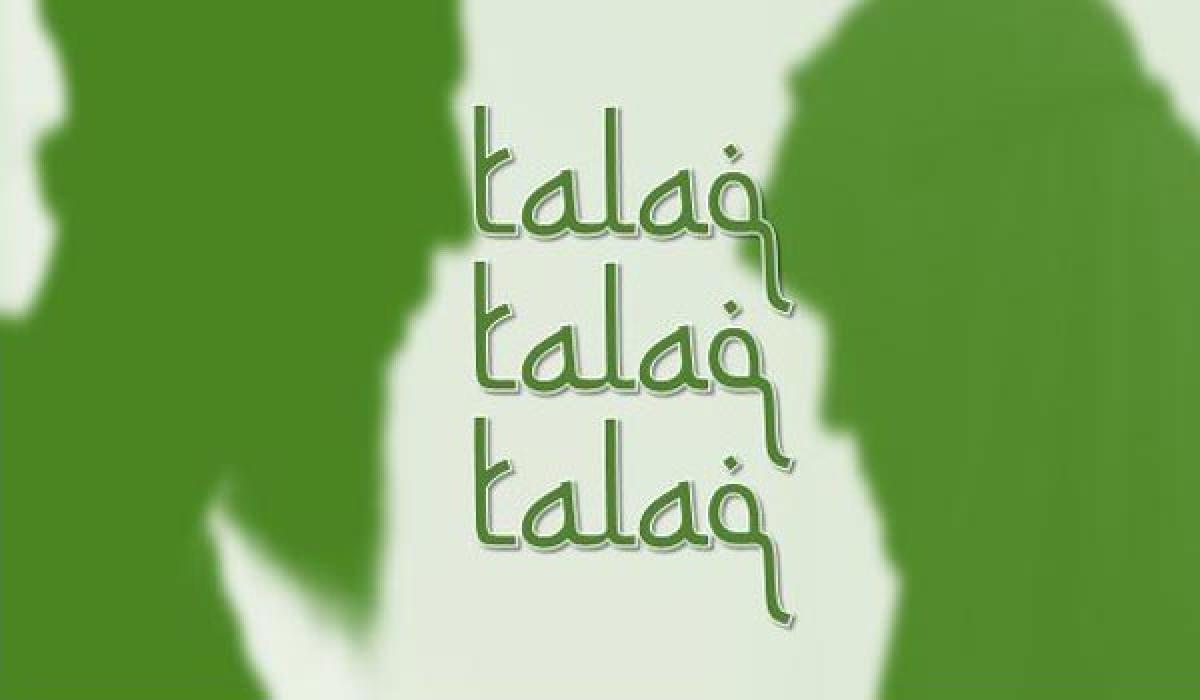Triple Talaq

Ishrat Jahan sought a declaration from the apex court that Section 2 of the Muslim Personal Law (Shariat) Application Act, 1937 was unconstitutional, as it violated fundamental rights guaranteed under Articles 14 (equality), 15 (non-discrimination), 21 (life) and 25 (religion) of the Constitution.
A Muslim woman, who was divorced by her husband through a phone call from Dubai, has challenged the Muslim practices of polygamy, triple talaq and nikah halala, leading the SC to seek response from the Centre on her plea.
Ishrat Jahan sought a declaration from the apex court that Section 2 of the Muslim Personal Law (Shariat) Application Act, 1937 was unconstitutional, as it violated fundamental rights guaranteed under Articles 14 (equality), 15 (non-discrimination), 21 (life) and 25 (religion) of the Constitution.
Talaq-e bidat is a Muslim man divorcing his wife by pronouncing more than one talaq in a single tuhr (the period between two menstruations), or in a tuhr after coitus, or pronouncing an irrevocable instantaneous divorce at one go (unilateral triple-talaq).
The right to divorce in Islam is primarily given to the husband.
A Muslim who wishes to divorce should ask for an arbitration meeting, arranged by elders of the couple, so that a reconciliation may be reached. If such efforts fail, he may divorce her either verbally or in writing. In both cases, it is recommended two witnesses be present on the occasion of the pronouncement of such a divorce.
A man should (a) divorce only once and (b) only during the time when his wife is not on her menses and (c) there has been no sexual contact with her since the time of her last menses. After a divorce is pronounced by a husband, his wife must wait for a given period (‘iddat’) during which she may stay in the same house, but they cannot have sexual relation.
The man is allowed to take her back either verbally saying “I TAKE YOU BACK“, or physically, by having intimate relation with her. If, after this waiting period, the husband fails to take his wife back, then the wife is divorced, and must leave immediately. It is also recommended to have two witnesses present in the case, where the husband decides to take back (‘ruju’) his wife, before the end of iddat.
Where a man has pronounced three divorces, on three different occasions, he can neither take back his former wife, nor remarry her. Nikah halala refers to the marriage of a woman with another man who subsequently divorces her so that her previous husband can remarry her, writes islamic-sharia.org.














